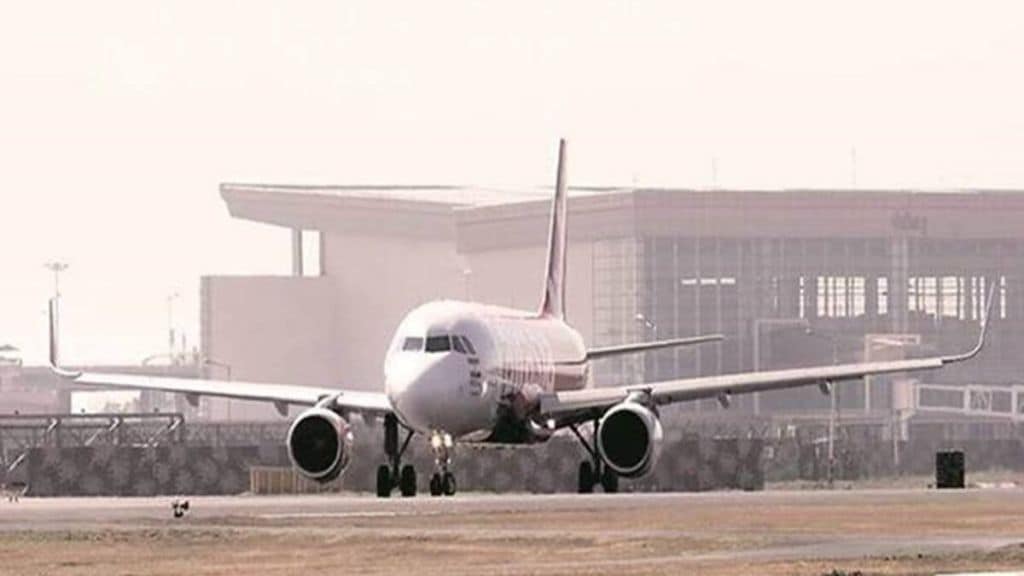The Directorate General of Civil Aviation (DGCA) in India has issued a circular addressing the threats of jamming and spoofing of the Global Navigation Satellite System (GNSS). This move comes in response to reports of such interference in the Middle East.
The circular by the Aviation watchdog outlines comprehensive mitigation measures and action plans for aircraft operators, pilots, Air Navigation Service Providers (ANSP), and air traffic controllers. It emphasises the development of contingency procedures, coordination with equipment manufacturers, and assessing operational risk through safety risk assessments.
AAI serves as the country’s Air Navigation Service Provider (ANSP), and air traffic controllers fall under its jurisdiction.
DGCA’s circular on GNSS interference in airspace
In a statement issued on Friday, DGCA announced the issuance of an advisory circular addressing GNSS interference in the airspace. The circular from the aviation watchdog outlines the growing risks associated with GNSS jamming and spoofing, identifies specific geographical areas where such interference has been observed, and discusses its potential impact on both aircraft and ground-based systems.
Generally, GNSS spoofing and jamming involve efforts to manipulate a user’s navigation system through the transmission of deceptive signals. In the wake of the recent reports of GNSS interference in the airspace over the Middle East, the Directorate General of Civil Aviation (DGCA) established an internal committee on October 4.
The committee assessed the situation, raised awareness among operators, and engaged in discussions with global experts on the matter. Taking these insights into consideration, the DGCA has incorporated recommendations in the circular to address the evolving threat, aligning with best practices, recent advancements, and guidance from the International Civil Aviation Organisation (ICAO).
Monitoring and analysis of GNSS threats
Additionally, the circular outlines a system for the Air Navigation Service Provider (ANSP) to create a network for monitoring and analysing threats. This network will operate in close collaboration with the DGCA, focusing on both preventive and reactive monitoring and analysis of GNSS interference reports. The goal is to generate valuable insights using data and new developments, ensuring a strong and prompt response to potential threats.

